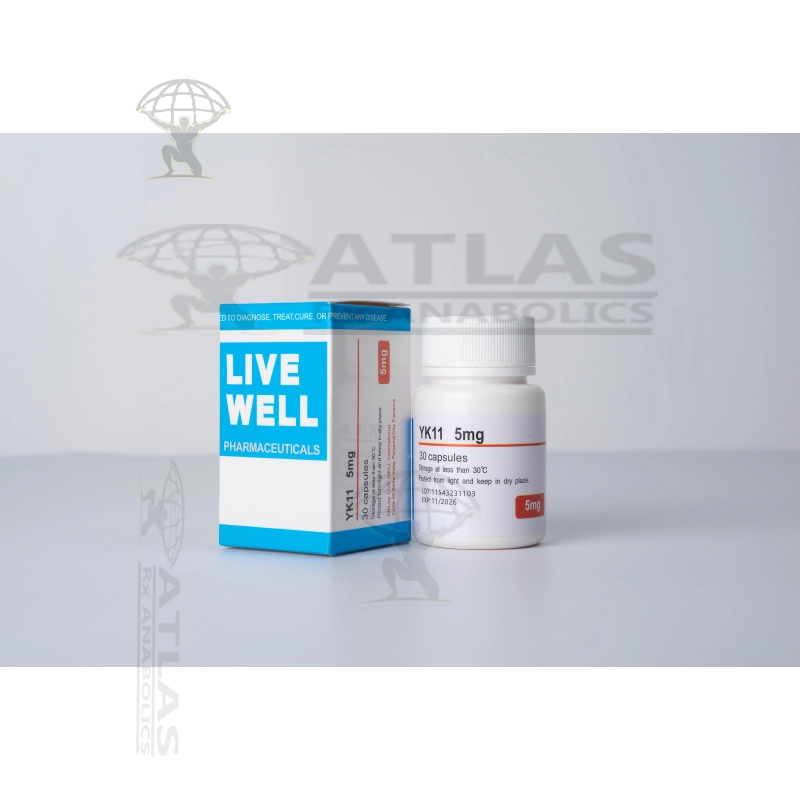Description for Sildenafil (Viagra) 100mg
Sildenafil, commonly known by its brand name Viagra, is a medication primarily used to treat erectile dysfunction (ED) in men. It belongs to a class of medications called phosphodiesterase type 5 (PDE5) inhibitors. Sildenafil works by increasing blood flow to the penis, allowing for a firm and lasting erection during sexual stimulation.
Sildenafil was initially developed in the late 1980s as a potential treatment for angina, a condition characterized by chest pain due to inadequate blood flow to the heart. However, during clinical trials, it was observed that sildenafil had a significant effect on penile erections. This accidental discovery led to its approval by the Food and Drug Administration (FDA) in 1998 as the first oral medication for the treatment of ED.
When a man is sexually aroused, the release of nitric oxide in the penis leads to the activation of an enzyme called guanylate cyclase. This enzyme increases the levels of a chemical called cyclic guanosine monophosphate (cGMP), which relaxes the smooth muscles in the blood vessels of the penis. As a result, blood flow to the erectile tissues increases, leading to an erection.
However, another enzyme called phosphodiesterase type 5 (PDE5) breaks down cGMP and reduces its levels, causing the smooth muscles to contract and impeding blood flow to the penis. Sildenafil inhibits PDE5, allowing cGMP to remain active for longer periods. This sustained increase in cGMP levels helps maintain a firm erection during sexual activity.
Sildenafil is generally taken as needed, approximately 30 minutes to one hour before sexual activity. The medication comes in tablet form, with different strengths available depending on the individual's needs. The recommended starting dose is usually 50 mg, but it can be adjusted based on effectiveness and tolerability.
It's worth noting that sildenafil is not an aphrodisiac and does not increase sexual desire. It only facilitates the physiological process of achieving an erection when sexual stimulation is present. It is important to consult with a healthcare professional before starting sildenafil treatment, as they can determine the appropriate dosage and assess any potential contraindications or interactions with other medications.
While sildenafil is generally well-tolerated, it may cause some side effects. Common side effects include headache, flushing, indigestion, nasal congestion, and dizziness. In rare cases, more serious side effects such as priapism (prolonged erection lasting more than four hours) or sudden vision or hearing loss may occur. If any severe or persistent side effects are experienced, medical attention should be sought immediately.
Additionally, it is important to note that sildenafil should not be taken by individuals who are using organic nitrates or nitric oxide donors, as combining these medications can cause a dangerous drop in blood pressure. It is also contraindicated in individuals with certain cardiovascular conditions, liver or kidney disease, or those taking specific medications that could interact with sildenafil.
In summary, sildenafil (Viagra) is an oral medication used to treat erectile dysfunction by increasing blood flow to the penis. It is a reliable and widely-used treatment option that has helped millions of men regain their sexual confidence. However, it is essential to consult with a healthcare professional to ensure its safe and effective use.
Shipping Cost
On all orders is set at $25.00
Secure checkout
Protected by Bitcoin
Offer & gift here
On all huge orders








Ethan Richardson
I have been a customer of this website for a while now and I have always had a positive experience. The products are great and the customer service is excellent.
James Rodriguez
This website has a great selection of products. I was able to find exactly what I was looking for and the prices were reasonable. Will definitely shop here again.